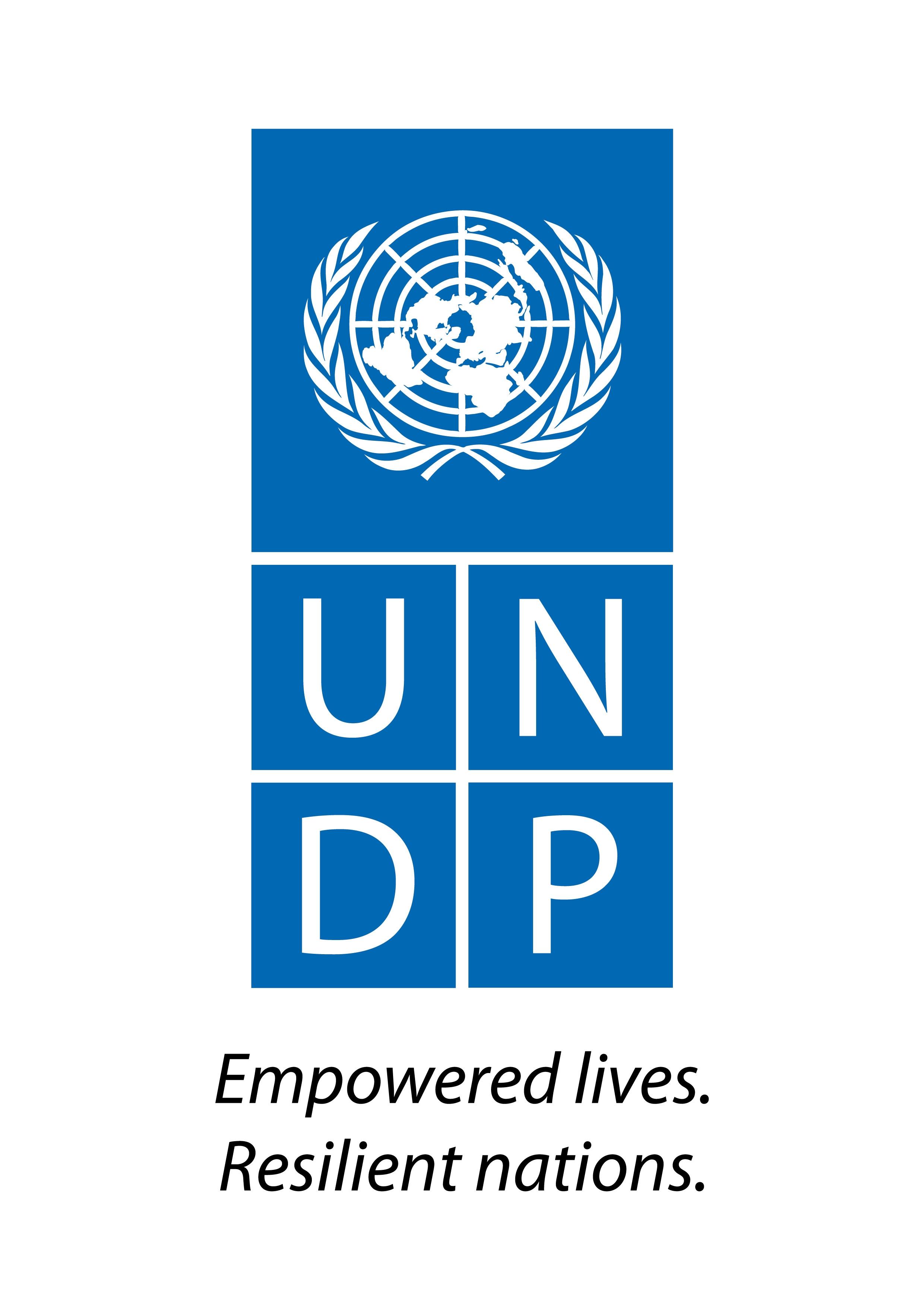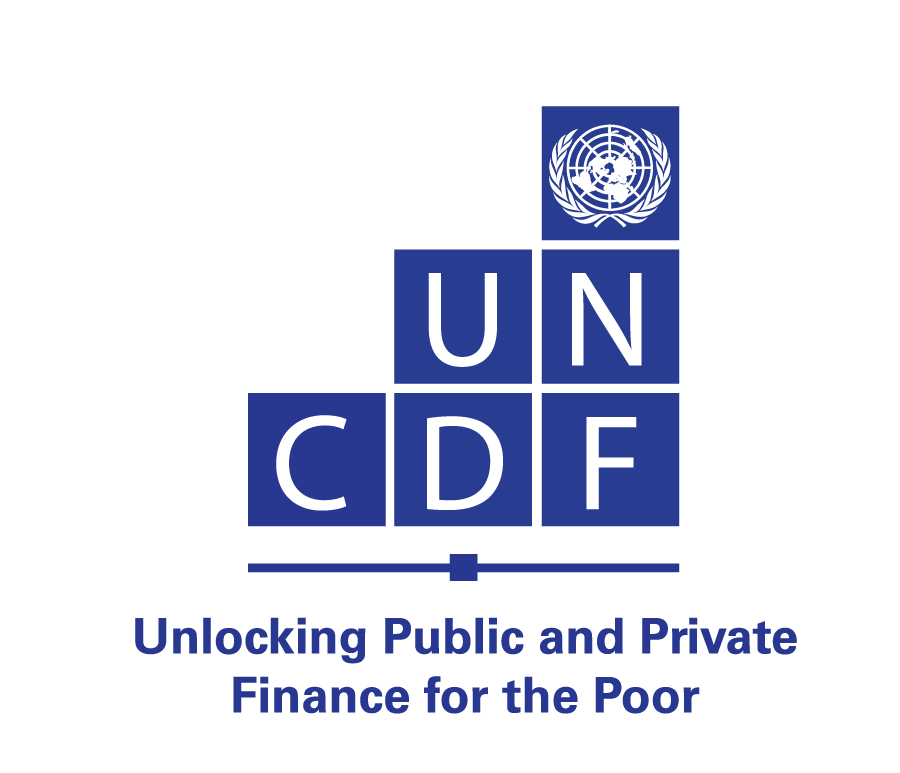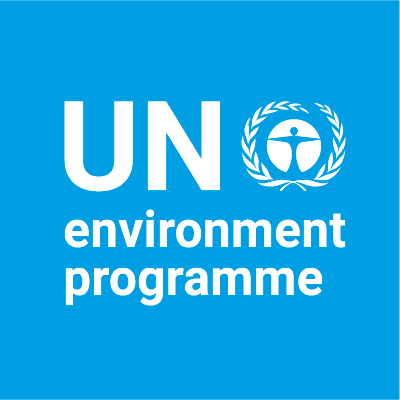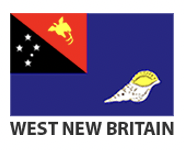Investing in Coral Reefs and the Blue Economy
Financials
Progress in funding
Total requested (USD)
Allocated by Joint SDG Fund (USD)
Co-Funding (USD)
Total Funding (USD)
Leverage Target (USD)
Results�
The joint programme is expected to start in January 2022, after the completion of the design and pre-feasibility phase in 2021.
The programme�
Why
Papua New Guinea is one of the world's 17 “megadiverse” countries - its many marine ecosystems are of international significance. Its coral reefs are part of the Coral Triangle – the area with the highest levels of marine biodiversity in the world. Despite this extraordinary natural heritage, most of PNG’s highly biodiverse marine and coastal ecosystems are not protected and are subject to multiple anthropogenic pressures. Local communities lack the skills, knowledge and financing to develop conservation-first business models connected to marine and coastal environments, which could provide both livelihoods and conservation outcomes. This is especially the case for women who remain marginalised in the business and labour markets. Technical assistance available to support entrepreneurship or social and community enterprise development is limited, and blue economy opportunities constitute an underexplored and untapped market.
What
Together with longer-term financing from the Global Fund for Coral Reefs, the programme will support at least 5 new blue economy initiatives demonstrating proof of concept, resulting in more than 250 local sustainable ocean-based jobs created. More than 1.33M hectares of marine space will be established and managed under protection by 2026. Through the incubated businesses, it will have a positive impact on coral reef ecosystems in the two priority sites and support the establishment of credit lines, incentivized through deploying risk guarantees to the domestic financial market.
How
The programme will support Papua New Guinea to integrate blue economy principles into its ocean management, through the development of a Blue Investment Strategy – the first of its kind in the country – and with the establishment of a Blue Economy Enterprise Incubation Facility (BE-EIF) to stimulate the growth of viable business models in the new blue economy space. The BE-EIF will provide dedicated technical assistance and a mix of financial instruments, particularly early-stage finance, to unearth, incubate and grow sustainable blue enterprise from cradle to exit with a particular focus on small and medium sized enterprises (SMEs) and on women. It will be embedded within a dedicated financing window of the Biodiversity and Climate Fund, which provides grant-making and technical support to protected areas and vulnerable communities affected by climate change.
Financial instruments�
The BE-EIF will initially attract private investment in marine management through the establishment of a Marine Protected Area in Milne Bay. There the BE-EIF will deploy and test Blue Innovation grants to businesses that positively contribute to reef protection and income generation, prioritizing women-led businesses. Risk guarantees will also be issued to crowd-in domestic financial institutions and developing and launching women-focused credit lines. The BE-EIF will learn and evolve, looking to expand to two further sites beyond the period of the project.
UN Implementers



Partners


Energy and climate action
|
Funded
|
Pipeline
|
Incubated
|
|---|---|---|
|
|
Energy accounts for two-thirds of total greenhouse gas, being the main contributor to emissions production. Despite 70% of clean energy investments are privately financed worldwide, in accordance to a special report developed by energy investments on clean energy in developing economies needs to expand by more than seven times, to above US$ 1 trillion, to put the world on track to reach net-zero emissions by 2050. Catalytic grants from the Joint SDG Fund are a critical bound to development finance institutions lending and attract private capital injections. Our portfolio brings financial solutions that span from lending and impact investing to insurance and smart subsidies. It aims to attract private investment to markets and sectors at early stages of readiness – or in situations where the risks are hard to mitigate, such as energy access projects for vulnerable communities or in remote areas.
Blue Economy
|
Funded
|
Pipeline
|
Incubated
|
|---|---|---|
|
|
The monetary value of the world’s oceans has been estimated at US$ 24 trillion by the World Wide Fund for Nature. This wealth is at risk because overfishing, pollution and climate change put an unprecedented strain upon marine ecosystems. Oceans are getting warmer, stormier and more acidic, impacting the health of sensitive marine ecosystems and the lives of human communities that rely on them. Ocean reefs, the home of the planet’s most diverse ecosystem, contribute to the livelihoods of at least 500 million people worldwide generating US$ 36 billion per year for the global tourism industry. Our programmes and pipeline in the blue economy space bring financing solutions that are adapted to the needs of island nations and coastal communities to preserve marine resources and coral reefs while offering income opportunities to coastal populations. They support scalable blue economy businesses, through equity and debt finance, risk guarantees, performance grants, incubation and technical assistance, to build resilience in coastal ecosystems and create jobs not only to allow us to save our planet, but also to build more resilient economies.
Food systems and agriculture
Poverty is deeply intertwined with successes or failures in agriculture and food security, with the majority of the rural poor depending on agriculture and natural resources for their livelihoods. Recent estimates from FAO show that nearly 10% of the world population is still undernourished. The impacts of climate change, conflicts and Covid-19 pandemic take an even higher toll - resulting in an estimated 118 million more people suffering from hunger and one in three people not having access to adequate food in 2020. On the other hand, the ecological footprint of the global food system continues to grow in terms of energy, resource use, and the contribution to greenhouse gas emissions. To address these issues, the traditional approach to food policy must be reoriented towards food-system-wide approaches that provide incentives for investments in inclusive and sustainable development of food systems and for steering consumer behavior and food preferences toward healthier and more sustainable diets. Investments in food system innovations are key in driving change towards more a more sustainable and food secure future. Our programmes and pipeline in this area include solutions financial solutions that include microcredit and microinsurance, downscaling schemes from multilateral development banks, and a variety of blended finance facilities supporting agricultural supply chains, smallholder farmers, rural development, nutrition, and sustainable farming transitions. repurpose finance to support sustainable and resilient food systems, reduce finance that is destroying/degrading food systems, optimize finance to mobilize investment and increase access, and scale up public and private finance flowing to healthier diets. Examples include blended finance facilities, de-risking and collateral support mechanisms, sovereign and impacts bonds, business incubators, among others.
Social Impact
Leave no one behind (LNOB) is the central, transformative promise of the 2030 Agenda for Sustainable Development. LNOB not only requires the elimination of social practices that leave particular groups of people further and further behind, but it also demands equal access to basic services, resources and opportunities for all. This will come at a cost. Achieving LNOB will require significantly more financing than is currently invested in human and sustainable development, and for these funds to be channeled towards improving the lives of those who are furthest away from reaching SDG targets. Focusing on the social sectors, the Overseas Development Institute estimates that global financing requirements for education, healthcare, and social protection transfers alone amount to US$ 137 billion annually in low-income countries. While these sectors require large investments to make the required transition, they often rely on public funds. These are rarely the sectors that private funds invest in, as their objective is to earn a return that is higher than the initial investment, no matter how minimal. Therefore, our programmes and solutions focusing on LNOB innovate the way we finance and address these barriers and close the financing gap, by offering viability gap financing, early stage capital investments, de-risking mechanisms, smart subsidies, and technical assistance to empower people and early stage enterprises driving impact in key social sectors.
